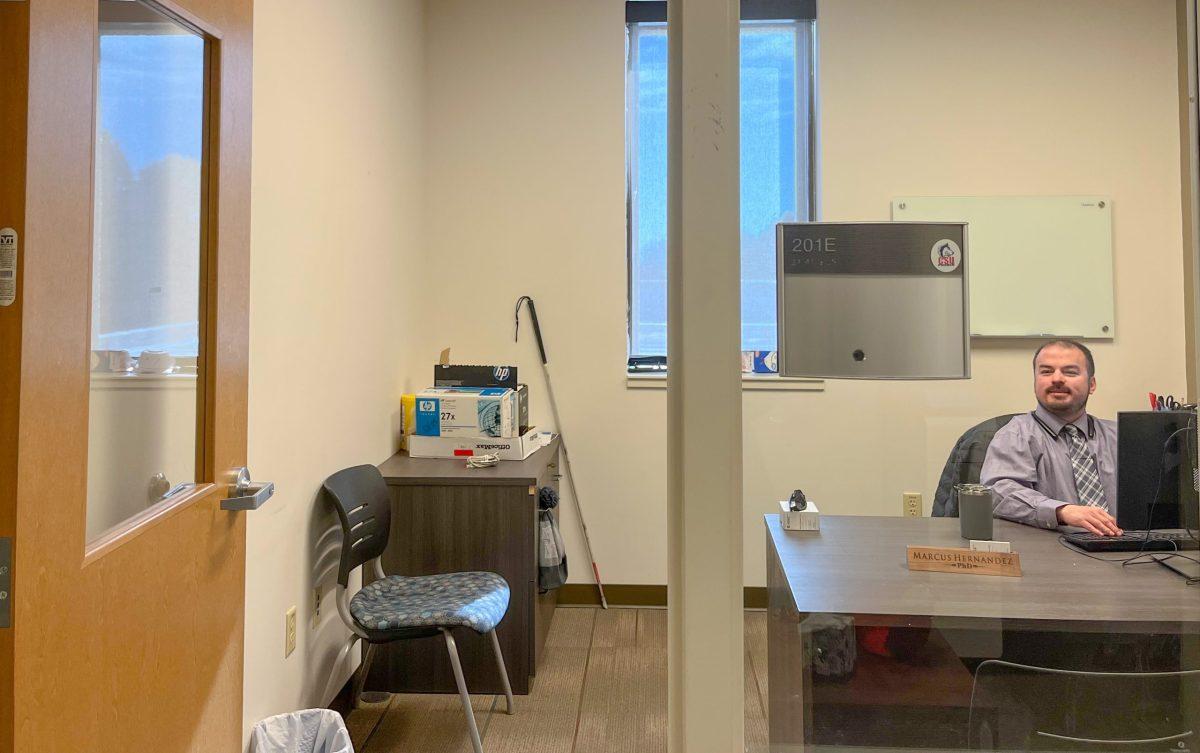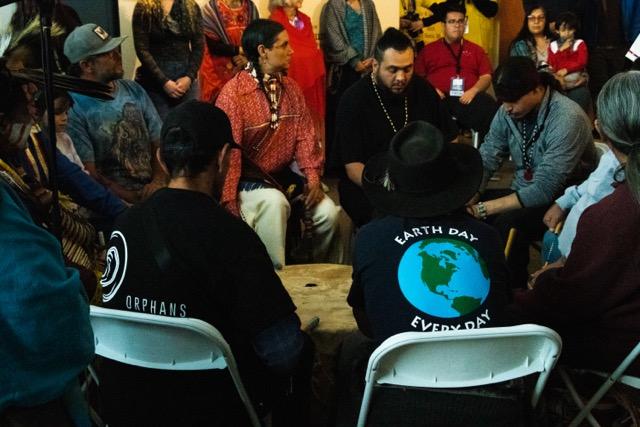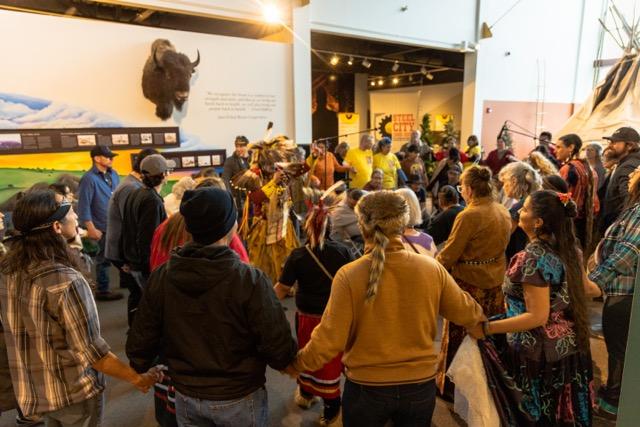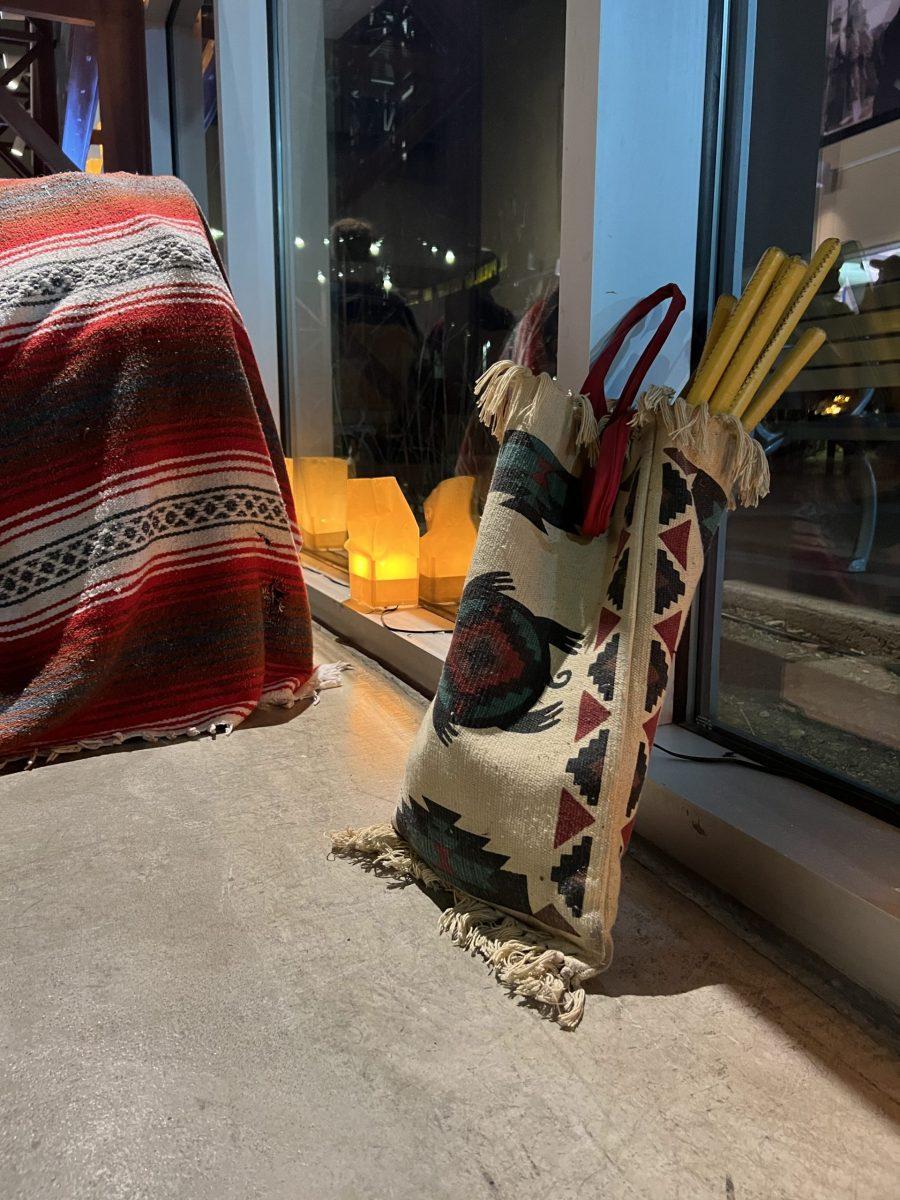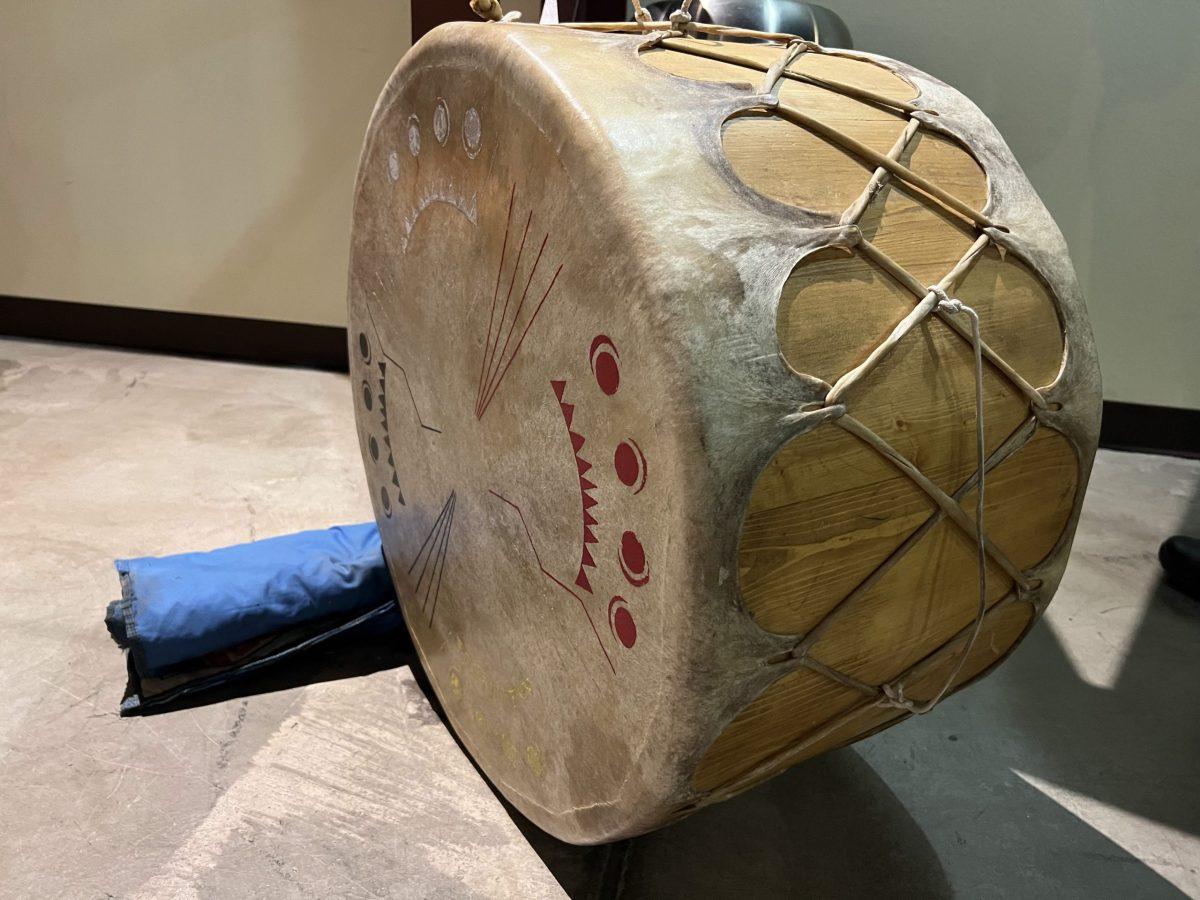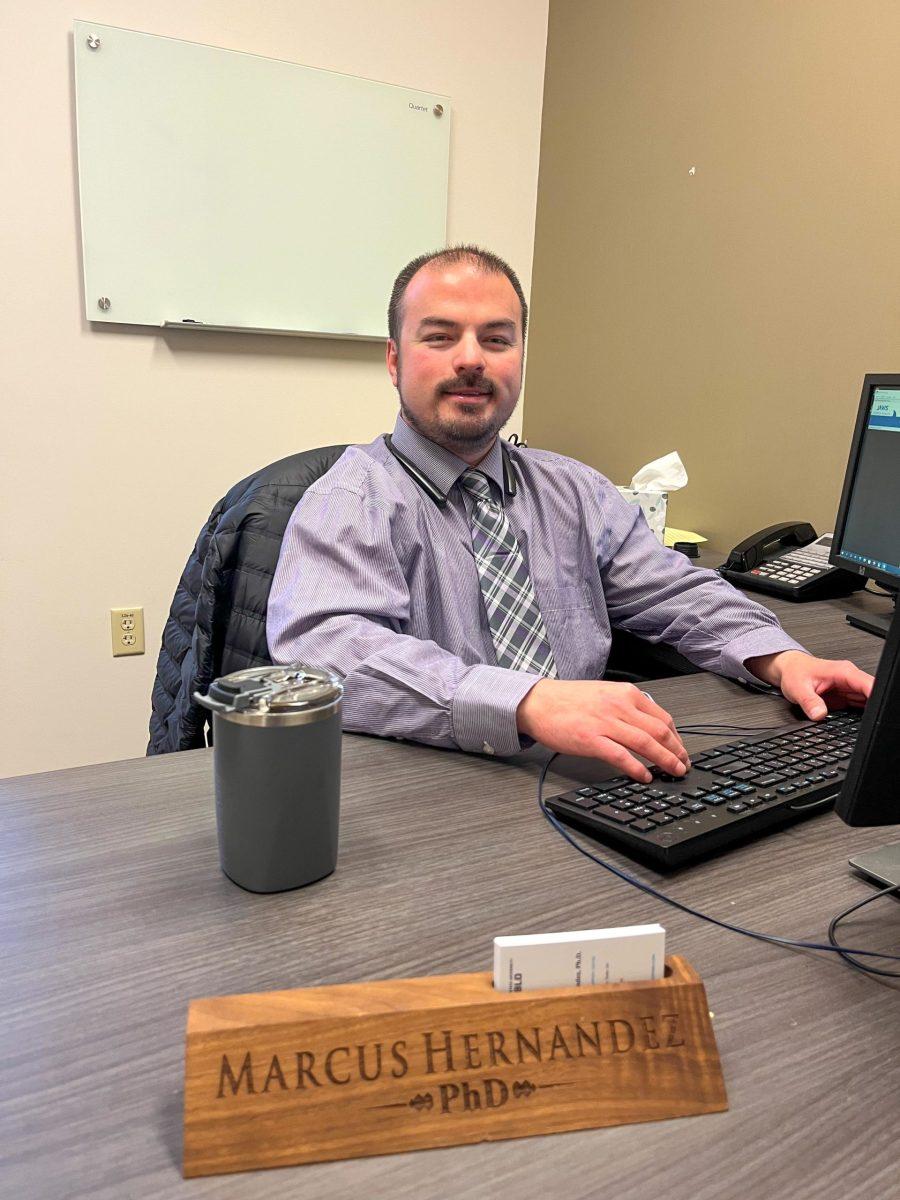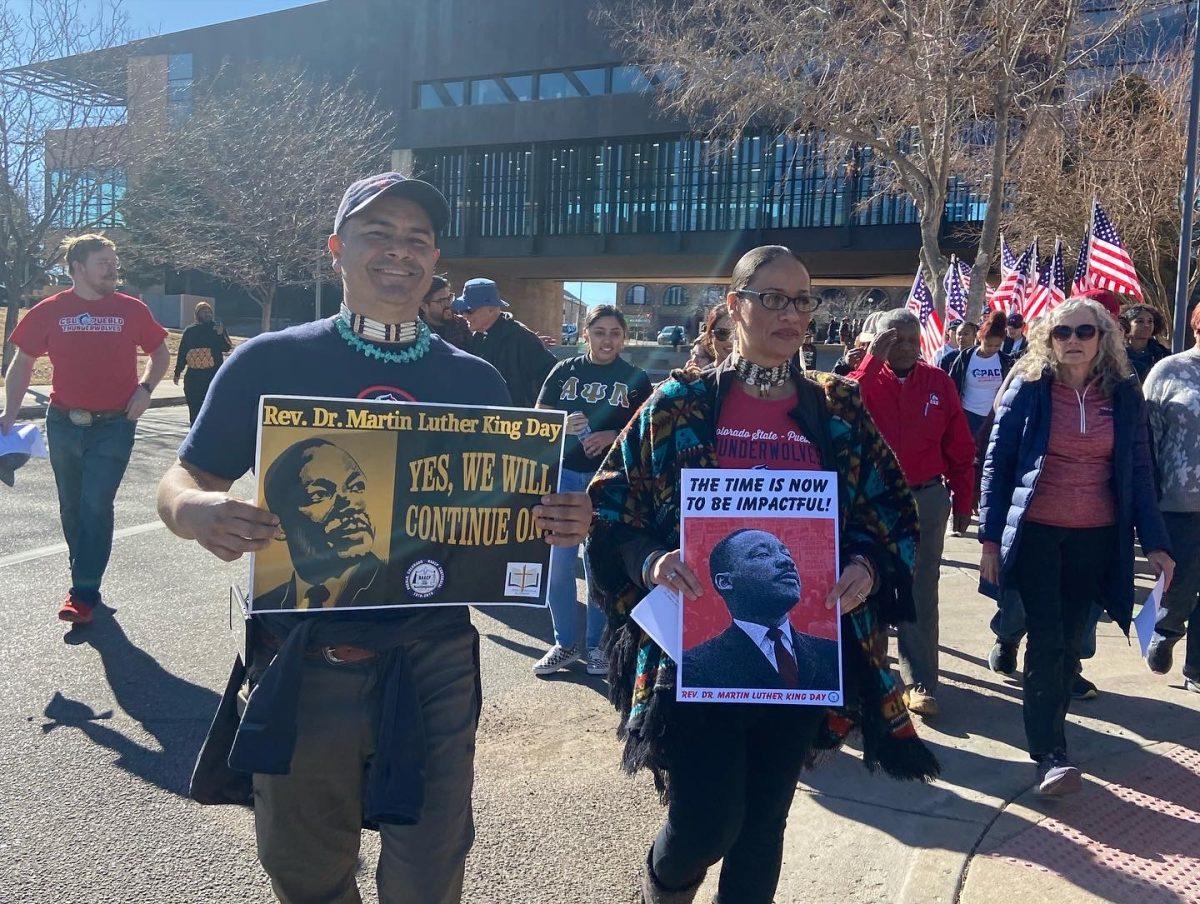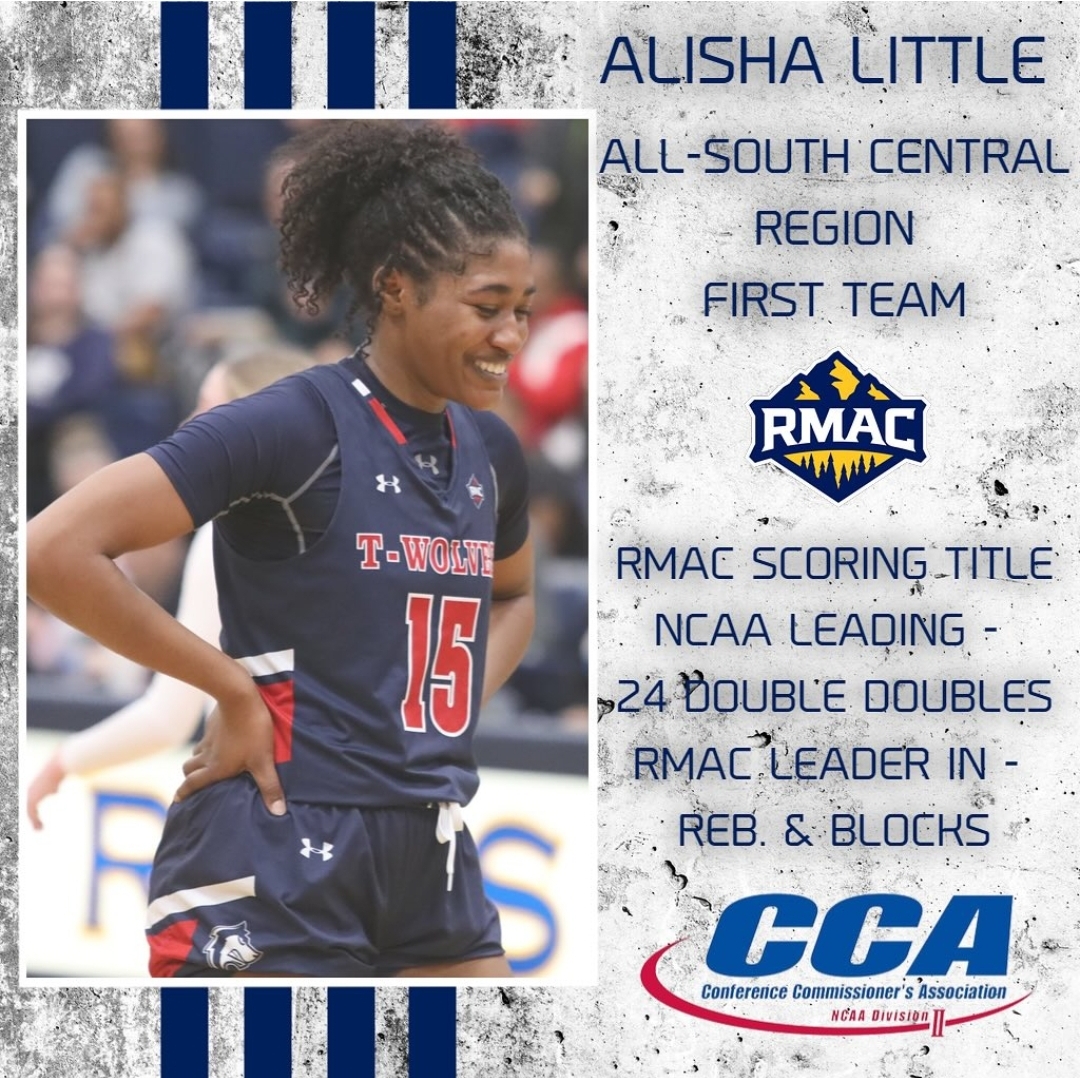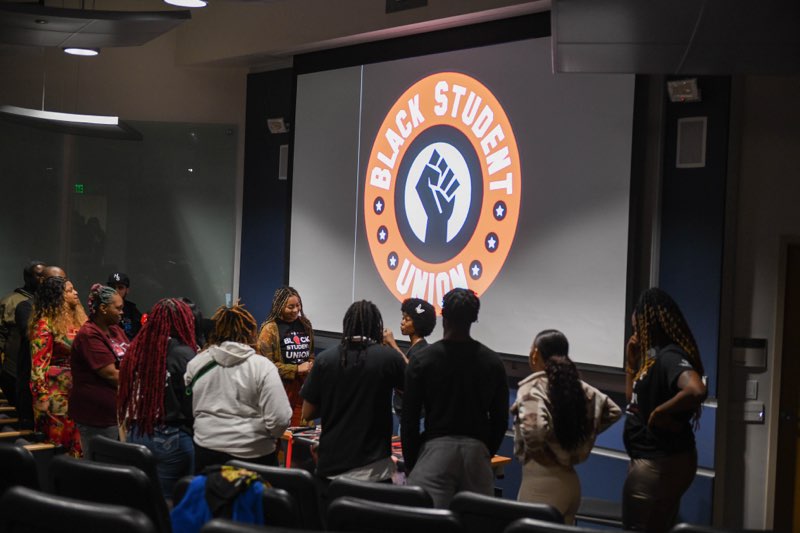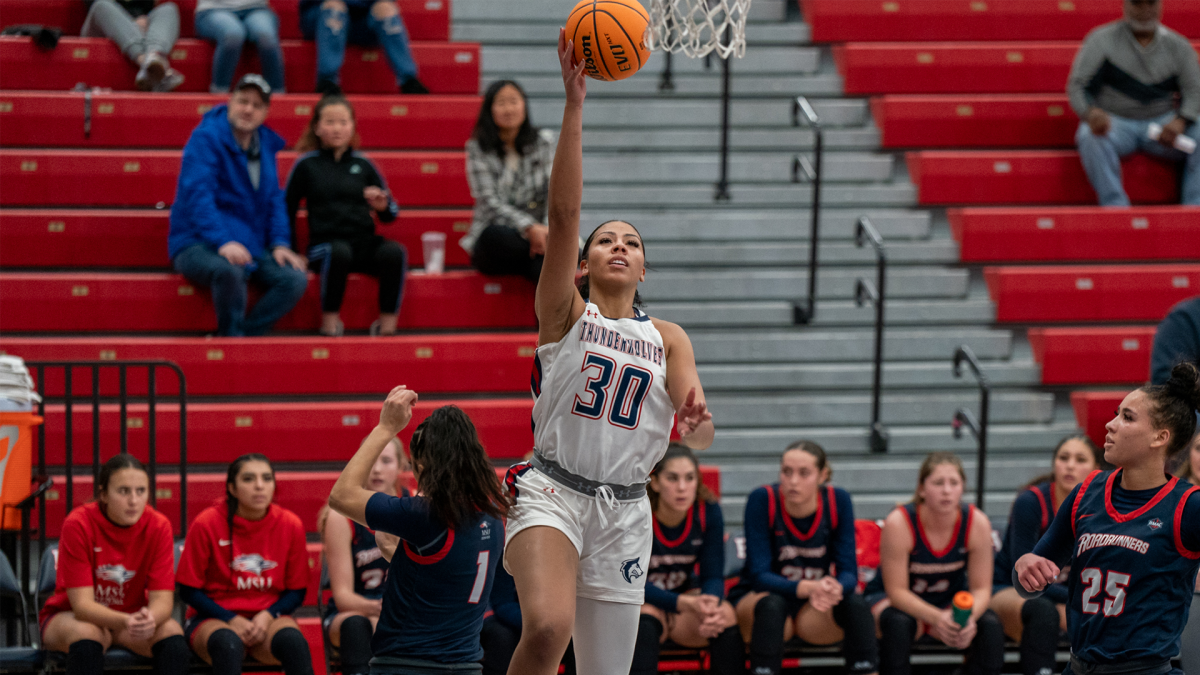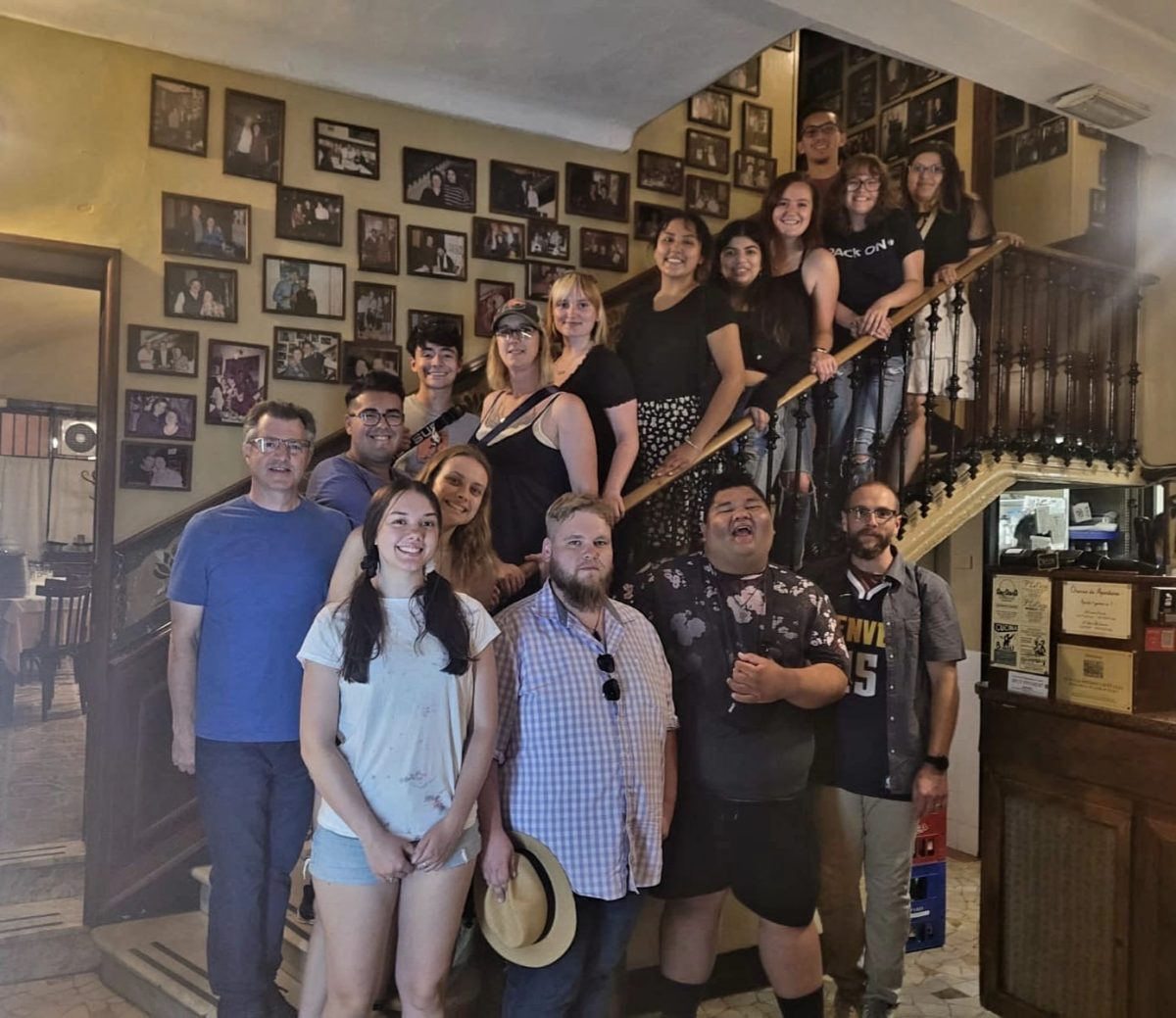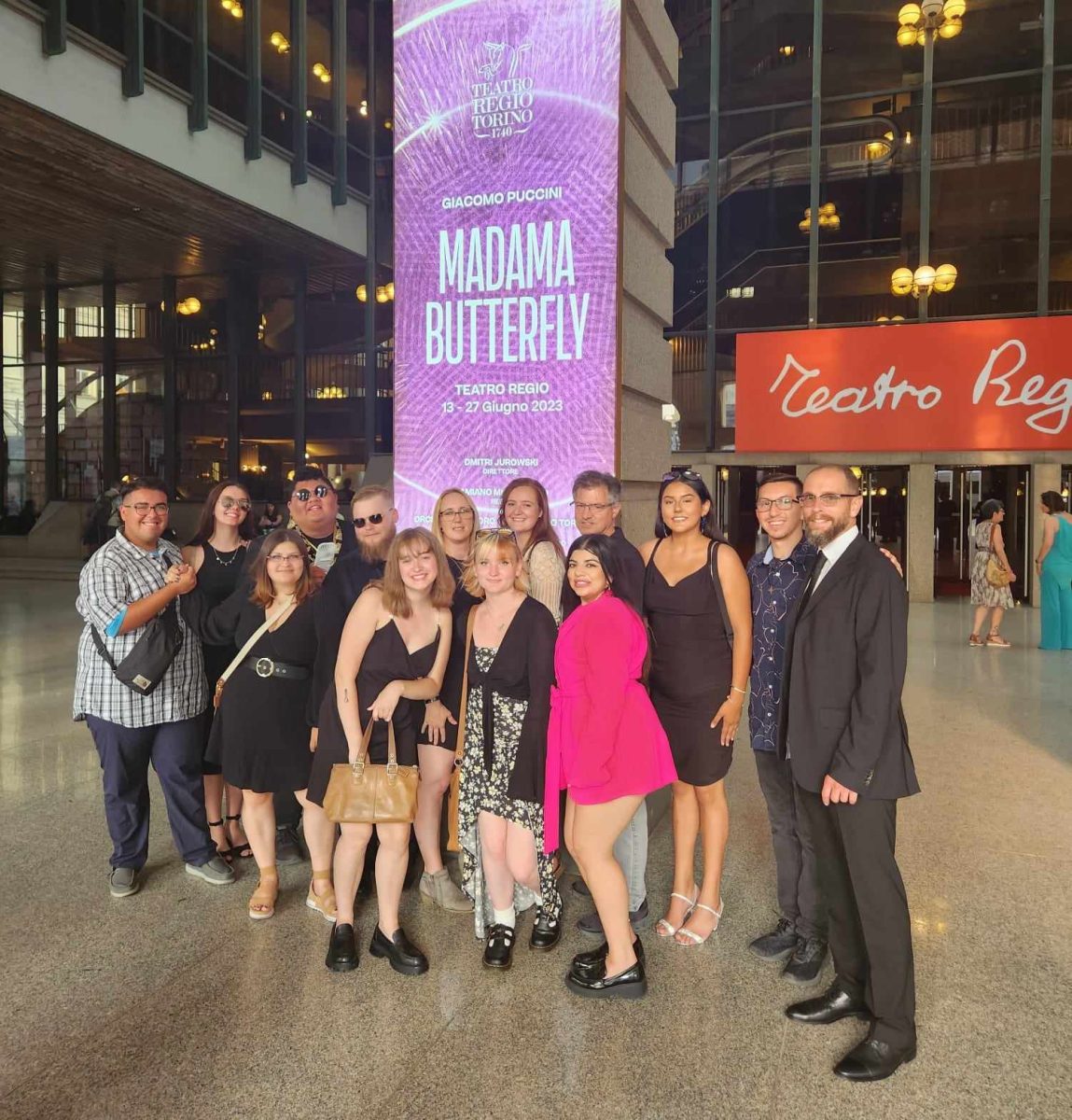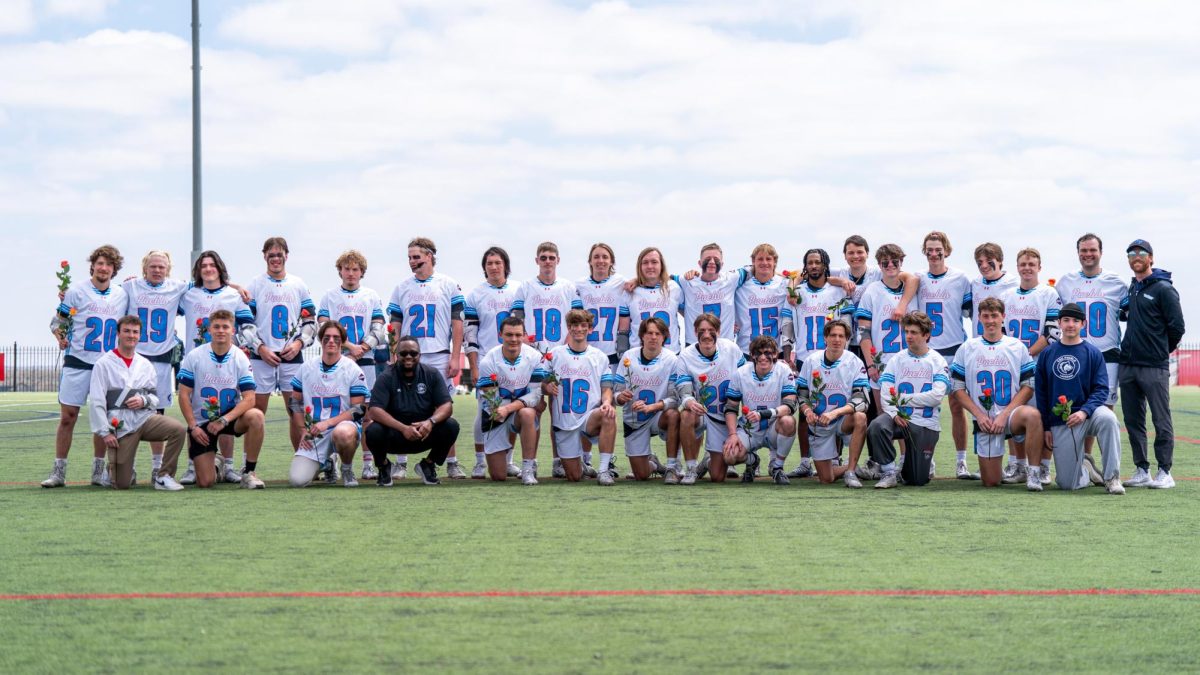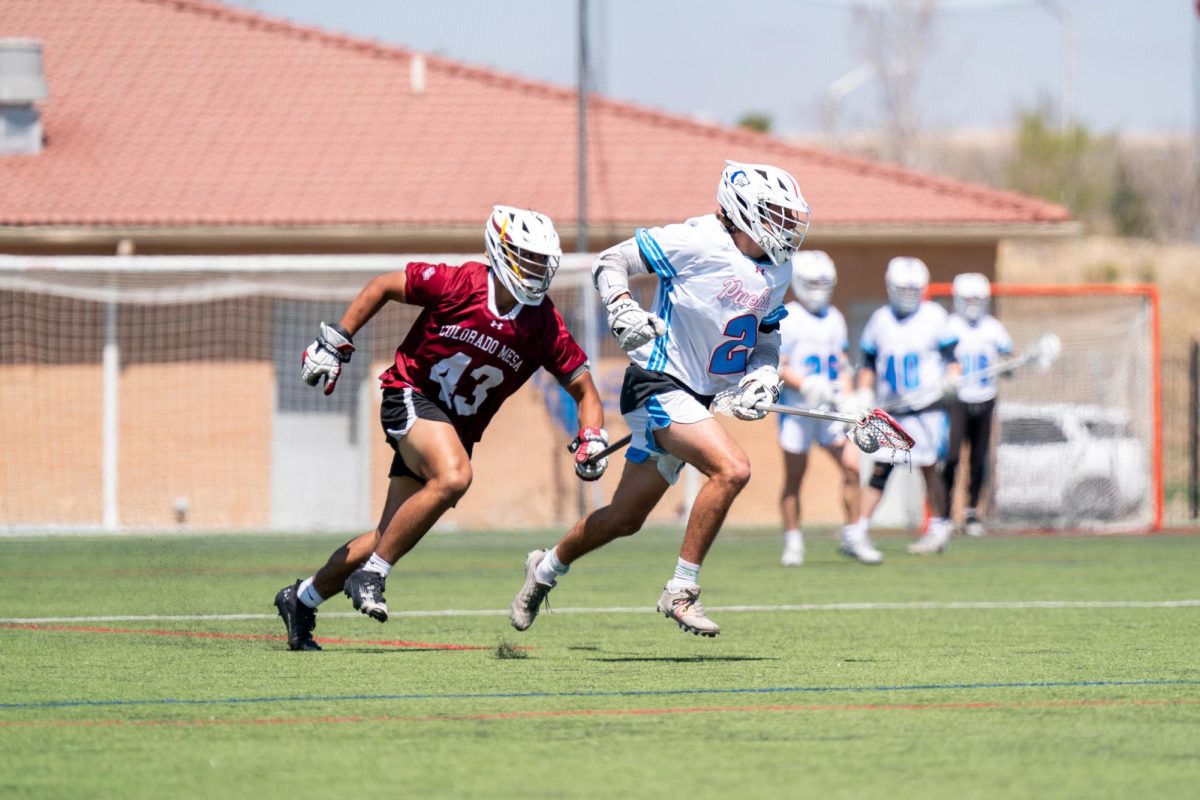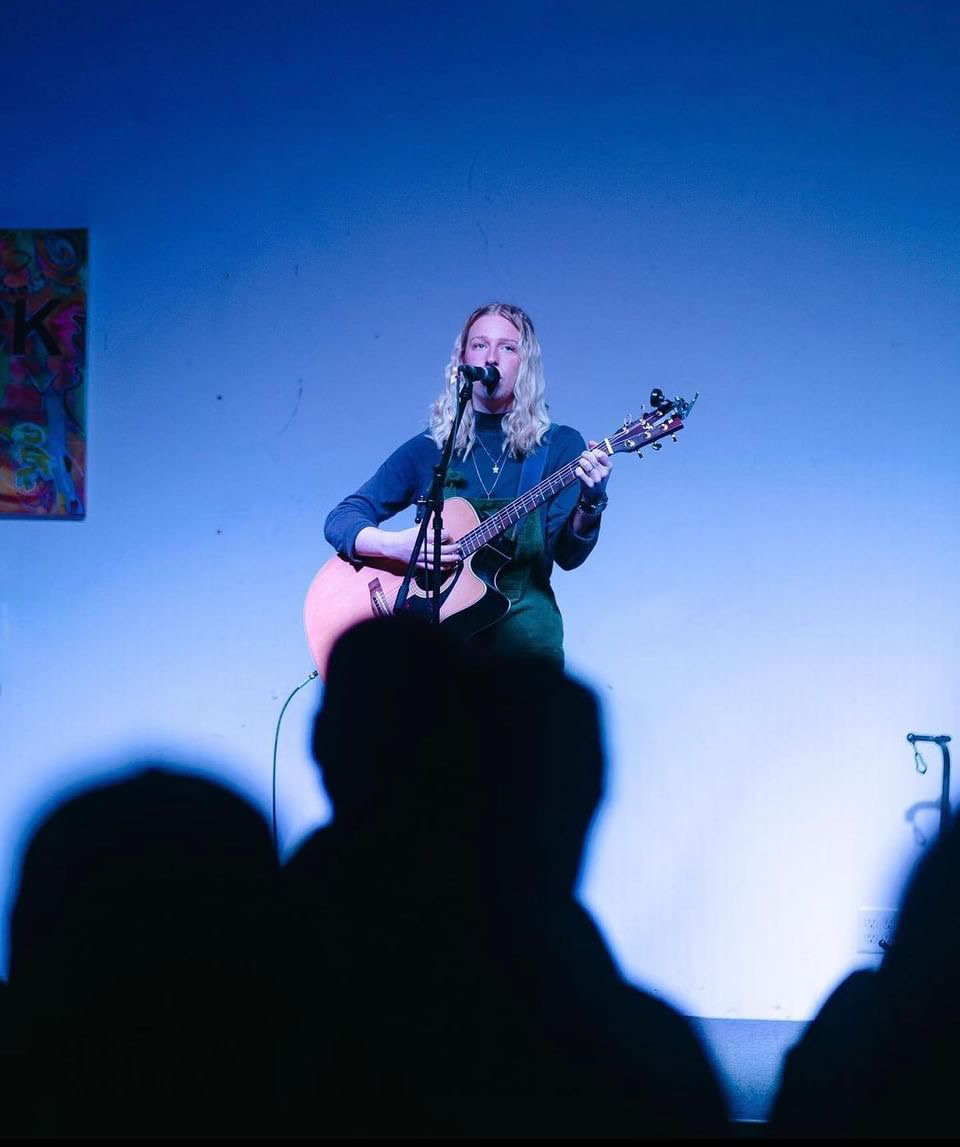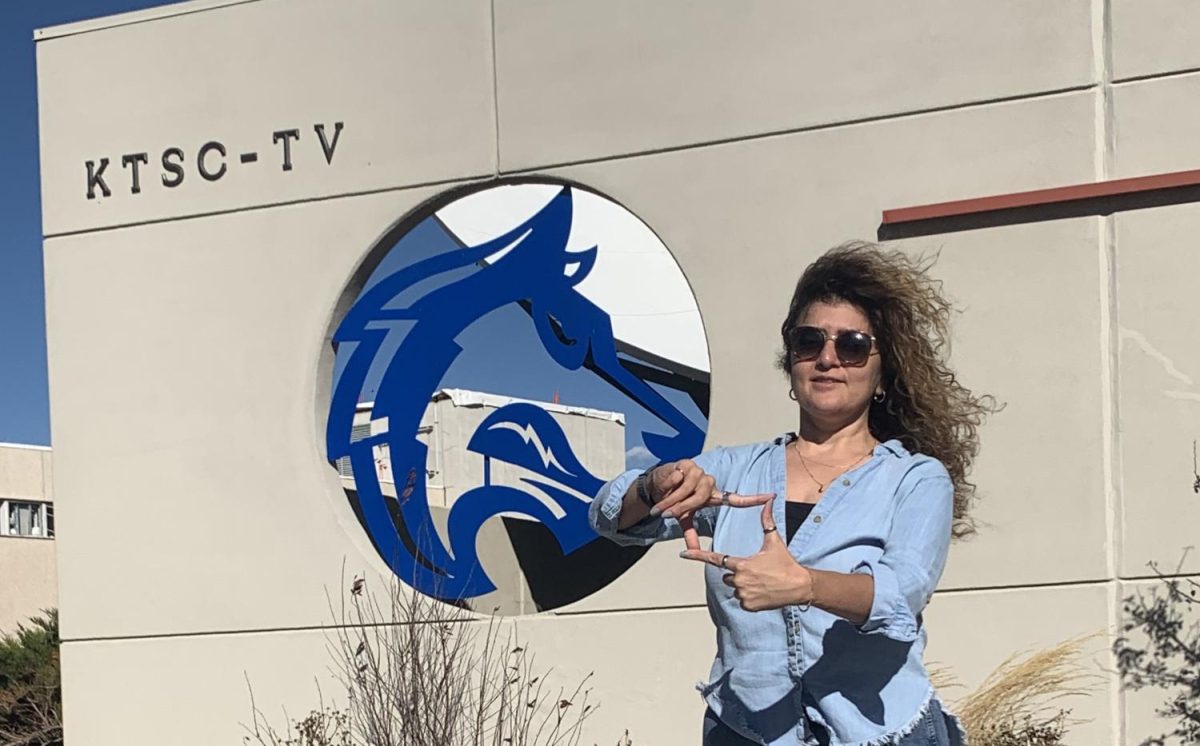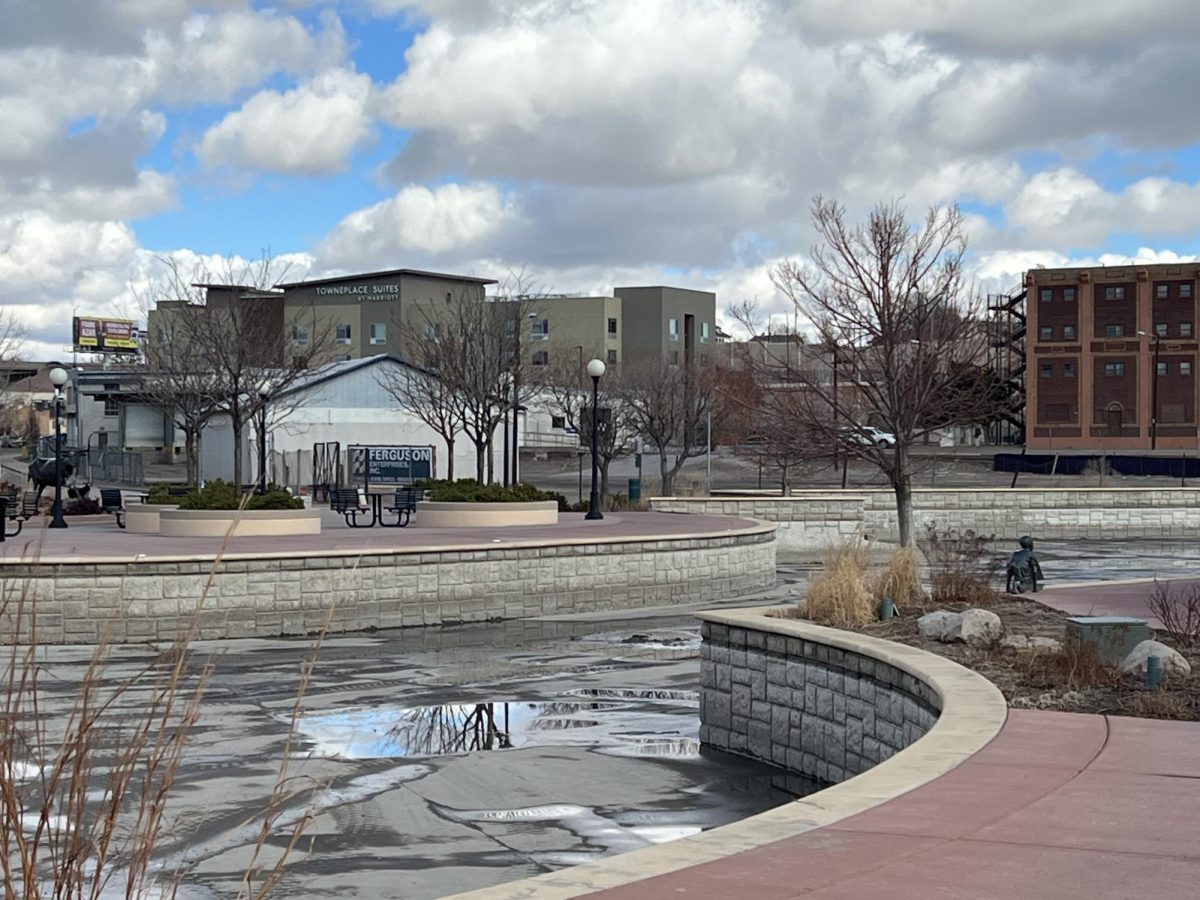By Hailee Langowski
National Developmental Disabilities Awareness Month (D.D.A.M.) is a nationwide event observed in March to raise awareness about the inclusion and empowerment of individuals with developmental disabilities and address the difficulties that people with disabilities face.
According to the Centers for Disease Control and Prevention (CDC), developmental disabilities are defined as impairments in physical, learning, language or behavior areas and include autism spectrum disorders, cerebral palsy, attention-deficit/hyperactivity disorder, learning or intellectual disabilities, hearing loss, vision impairment and other developmental delays.
A recent study by the CDC found that 17.3% of United States children between the ages of 3 and 17 had at least one developmental disability (DD). This new study also found that 6.7% of U.S. children had two or more DDs.
As this research shows, DD is widespread in children in the U.S. and often occurs concurrently. Children with DD have more health requirements and more significant demand for assistance than children without DD. Early diagnosis and coordination of services might help children with DD improve their health and reduce their total demand for health-related services later in life.
As we are in March, D.D.A.M. is about recognizing the connection between how people function and participate in society. It is about ensuring everyone has an equal chance to succeed in all parts of life to the best of their abilities.
In 1987, according to the Ronald Regan Presidential Library & Museum (reaganlibrary.gov), President Reagan recognized March as Developmental Disabilities Awareness Month to increase “public awareness of the needs and the potential of Americans with developmental disabilities.” Raising awareness aims to provide individuals with “encouragement and opportunities they need to lead productive lives and to achieve their full potential.”
While we nationally recognize individuals with DD, their care and needs, and the interaction between individuals and society, it is essential also to acknowledge the work happening on Colorado State University’s campus at the Disability Resource and Support Center (DRSC).
Adjunct Professor for the History Department and Access Coordinator for the DRSC, Marcus Hernandez, said he assists students with disabilities, challenges, or circumstances and ensures they have equal access to their education.
“We are not here to give anybody an advantage, but we are also not here to keep people at a disadvantage. We want to see what is going on and ‘even the playing field’ to give all of our students the best opportunities,” Hernandez said.
Services and resources offered at the DRSC are for students who need reasonable accommodation for their education. The disability, condition or situation must impact or be related to the accommodation asked: the rules and policies that DRSC follows accommodate needs vs. wants.
Academic accommodations could include a student with vision impairment who needs a specific computer software for notetaking, individuals with mental health conditions such as severe test anxiety, students with hearing loss and needing interpretation services, or print and digital media enlarged or in different colors for better comprehension.
Housing accommodations could include if a student uses a wheelchair, and if there is no ramp or elevator to their room, the student must be assigned to live on the first floor.
Other examples include emotional support animals in residence halls as a part of a student’s treatment or dietary accommodations if the dining hall cannot meet a specific student’s needs.
The process includes meeting with DRSC, filling out their application and providing any necessary documentation, then waiting to review the accommodations. All accommodations must require documentation from a qualified provider. Students who want to appeal a decision can do so on the CSU Pueblo website under the DRSC’ grievances’ section.
The perception that a student cannot participate in something based on a disability and the assumed stereotypes accompanying a disability is harmful because it is untrue and doesn’t allow an inclusive educational environment for individuals to learn and grow.
Getting that awareness out there is essential as it helps recognize and minimize some gaps students with disabilities experience. Hernandez said, “One of the biggest issues with disabilities is not necessarily the disability itself; it’s the outside world’s perception of the disability.”
Hernandez mentioned there is always more opportunity for DRSC’s involvement and the collaboration of colleges on campus to acknowledge and recognize the celebration of students with disabilities and D.D.A.M.
“Getting people to see and to understand if you make accessibility a part of things from the beginning, building with accessibility in mind, is typically easier and more efficient than trying to accommodate later.”




